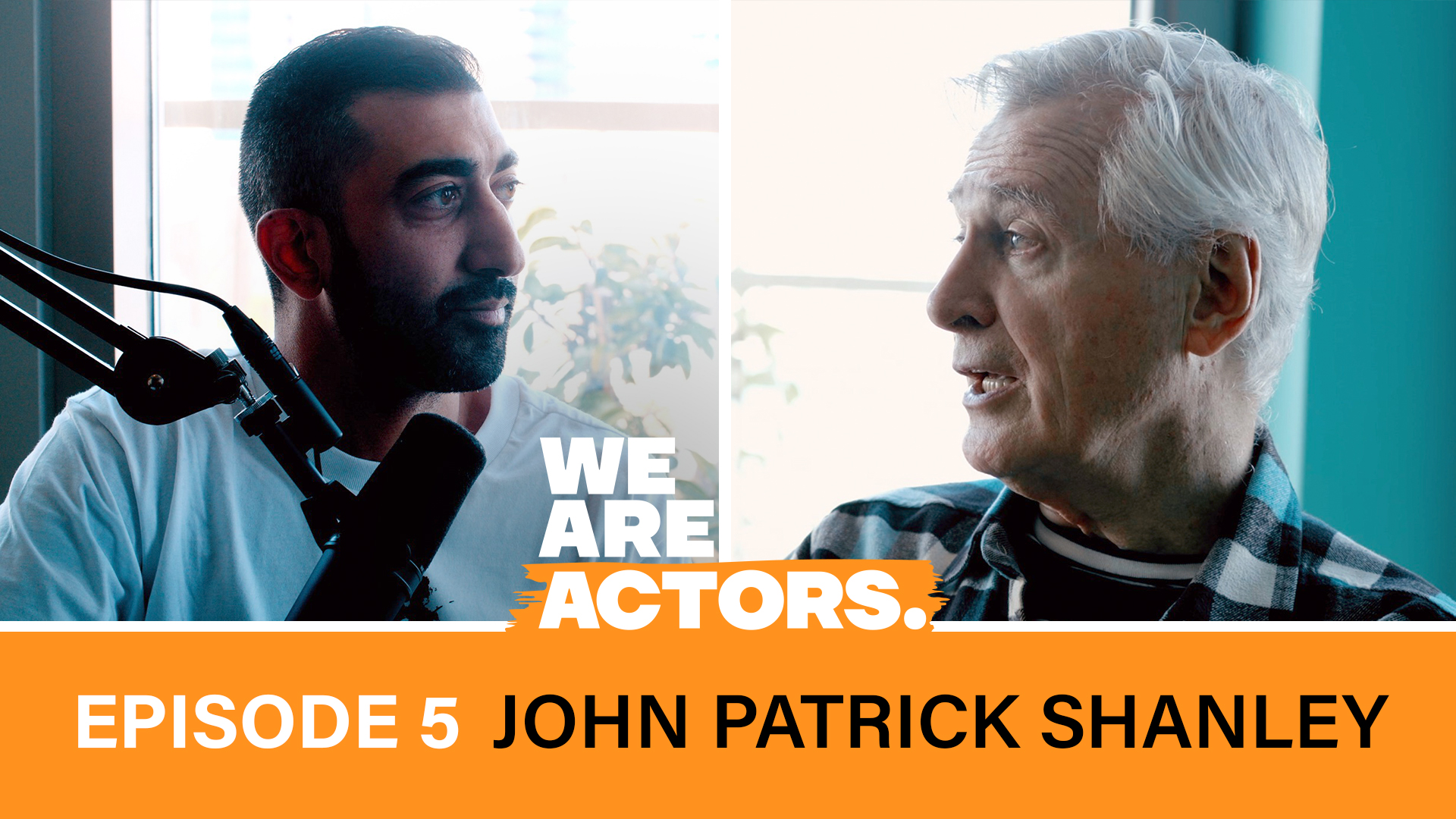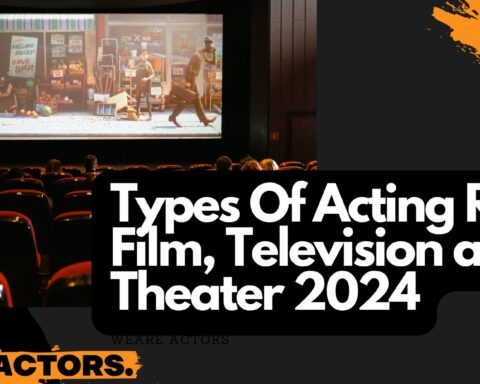Almost all that actors learned at acting school will no longer apply when preparing for a one-line audition. Forgetting it may be challenging, but it’ll be necessary because a one line audition is different.
The reason behind this is simple; In acting school, they teach you to focus on developing more prominent roles, which is excellent, but it’s different with more smaller roles.
Some roles don’t require you to do more than one line, for example:
- Roles you can use as a means of advancement
- Parts that seem easy but aren’t
- The roles that cause even experienced actors to trip
One-line auditions are entirely different. The weirdest part is that these auditions can be the most complicated ones you’ve ever had to do. Surprisingly the more miniature the role, the more complex the audition. Actors who’ve ever had a small role will agree, and unfortunately, the small one or two-liners, the co-star auditions, or the highlighted roles are some small roles that are harder to land. These minor roles aren’t about you at all. Actors should never forget this whenever they’re auditioning for such a role.
The Role Isn’t About You
About 95 percent of the small part auditions that an actor goes to are never about them. They’re about giving credibility to another famous actor because the part is surrounding them, not you. So when you’re entering that audition, don’t act on your behalf. Understandably, you’re the one doing the audition, so you should act like you. After all, you’re the one trying to reserve this spot. The most powerful way to book an audition is by counteracting what you have learned at acting school. While it may seem impossible to do, if done correctly, you’ll strut into the audition and repeat your lines as if they’re talking to someone there. You’ll feel as if you aren’t doing anything, and that’s the feeling you should expect. When you stop doing too much and start getting callbacks, that’s when it will start making sense. Meanwhile, it won’t be simple; it will take guts.
Developing the Guts by Doing Nothing
When doing a short audition, the lines are always minimal. An actor is saying words that aren’t hard to memorize or say. This role is to add meaning to the scene while the lead actor moves it forward. Having guts when doing nothing in auditioning doesn’t mean the small role actor is lifeless. It just shows that you dare to attend the audition and repeat the words. Now that you acknowledge that you have the courage to show up and realize that the part isn’t about you, there’s one final point remaining.
Breathing Life Into Yourself, Not the Character
Finally, this part isn’t going to feel normal to you but try it. It’ll happen after you’ve trained your thoughts to let go of previous knowledge. Again, trusting yourself is a vital part of the training. In acting school, actors breathe life into a character, but you have to be natural in a small audition. So instead, you blow life into yourself. While it may seem crazy, this is what casting directors look for. What’s important is that you show up and say your lines as naturally as possible. Trusting yourself and doing nothing is precisely what will get you before an audience. When it comes to shorter parts, the final thing you can do is show up and say your lines without acting them. Doing this right will earn you their trust, which will, in turn, get you callbacks for even bigger parts.
What are your biggest struggles when it comes to preparing for a one-liner audition? We hope these tips were helpful.







